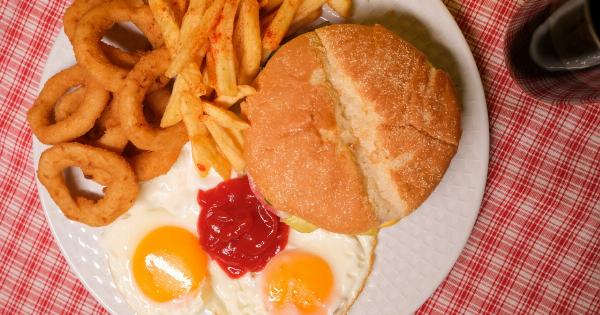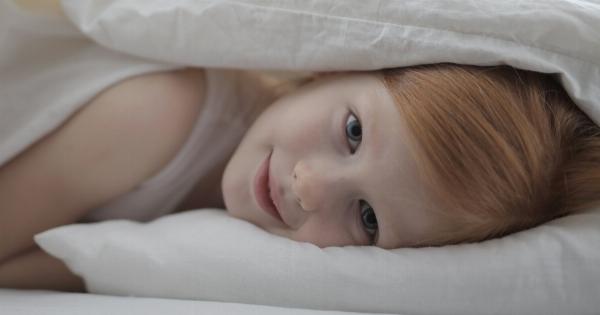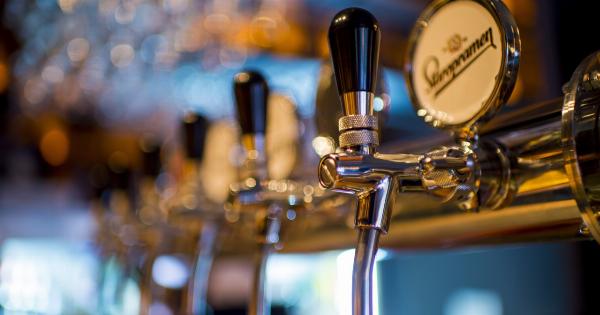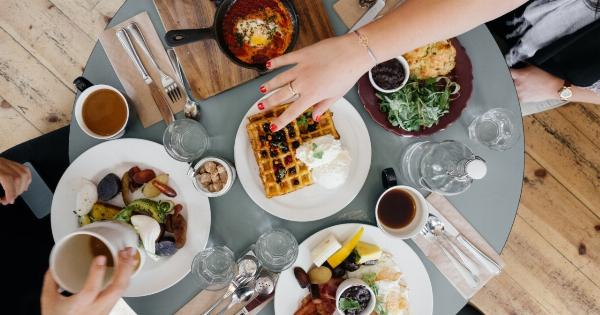Have you ever experienced a strange craving for a burger right after waking up from a deep sleep? Or perhaps you’ve felt the overwhelming urge to pop a can of soda while still feeling groggy in the morning? If so, you’re not alone.
There seems to be a mysterious connection between burgers and pop during sleep that researchers are now beginning to uncover.
The Science Behind Sleep Cravings:
Before we dive into the link between burgers and pop during sleep, let’s first understand why we experience cravings in the first place.
Cravings are intense desires for certain foods, often experienced during pregnancy or as a result of specific physiological or psychological factors. These cravings are thought to be influenced by hormone imbalances, nutrient deficiencies, and reward centers in the brain.
The Role of Dopamine:
Dopamine, a neurotransmitter associated with pleasure and reward, plays a crucial role in cravings. Research suggests that when we eat foods high in fat and sugar, our brain releases dopamine, which creates a sense of pleasure and satisfaction.
This release of dopamine reinforces the desire to seek out similar foods in the future.
Sleep and Brain Activity:
During sleep, our brain actively processes memories, regulates hormones, and performs various restorative functions.
Different stages of sleep, such as REM (Rapid Eye Movement) and NREM (Non-Rapid Eye Movement), play essential roles in maintaining our overall well-being. Interestingly, brain activity during sleep can also influence cravings and food preferences.
The Link Between Burgers and Sleep:
Now, let’s explore the connection between burgers and sleep. Burgers, often high in fat and protein, can trigger dopamine release, providing a pleasurable experience when consumed.
It’s not uncommon for individuals who have a strong craving for burgers to dream about them during sleep. Some theories suggest that the brain, in its quest to process memories and emotions during sleep, may generate dreams that revolve around desired foods, like burgers.
The Influence of Advertising:
Advertising plays a significant role in shaping our food preferences and cravings. We are constantly exposed to advertisements for fast food, including burgers and soda, which can embed themselves in our subconscious mind.
Even when we’re asleep, these subconscious memories and associations can influence our dreams, making us crave the very foods we see in advertisements.
The Pop Phenomenon:
While burgers have been recognized as a common sleep craving, the connection between pop (or soda) and sleep is equally intriguing. Many individuals report experiencing the strong urge to consume a fizzy beverage upon waking up.
This phenomenon could be attributed to the combination of carbonation and caffeine found in many soft drinks, which can provide a stimulating effect and help combat morning grogginess.
Implications and Health Consequences:
Understanding the mysterious connection between burgers and pop during sleep has broader implications for our overall health.
While occasional cravings are normal, regularly indulging in these foods can lead to adverse health effects such as obesity, heart disease, and diabetes. It’s important to listen to our body’s signals and strive for a balanced and nutritious diet.
Tips for Managing Sleep Cravings:
If you find yourself frequently craving burgers or pop during sleep, here are a few tips to help manage those cravings:.
- Focus on a balanced diet: Ensure that your meals are well-rounded and include a variety of nutrients.
- Stay hydrated: Adequate hydration can help minimize cravings.
- Practice mindful eating: Pay attention to your body’s cues of hunger and fullness.
- Find healthy alternatives: Satisfy your cravings with healthier options, such as homemade burgers with lean meat or natural fruit-infused water instead of soda.
- Seek professional help: If your cravings become obsessive or interfere with your daily life, consider consulting a healthcare professional or a registered dietitian.
Conclusion:
The mysterious connection between burgers and pop during sleep sheds light on the intricate relationship between our brain, cravings, and food preferences.
While there is still much to learn about this phenomenon, understanding the science behind cravings and being mindful of our dietary choices can help us maintain a balanced and healthy lifestyle.































